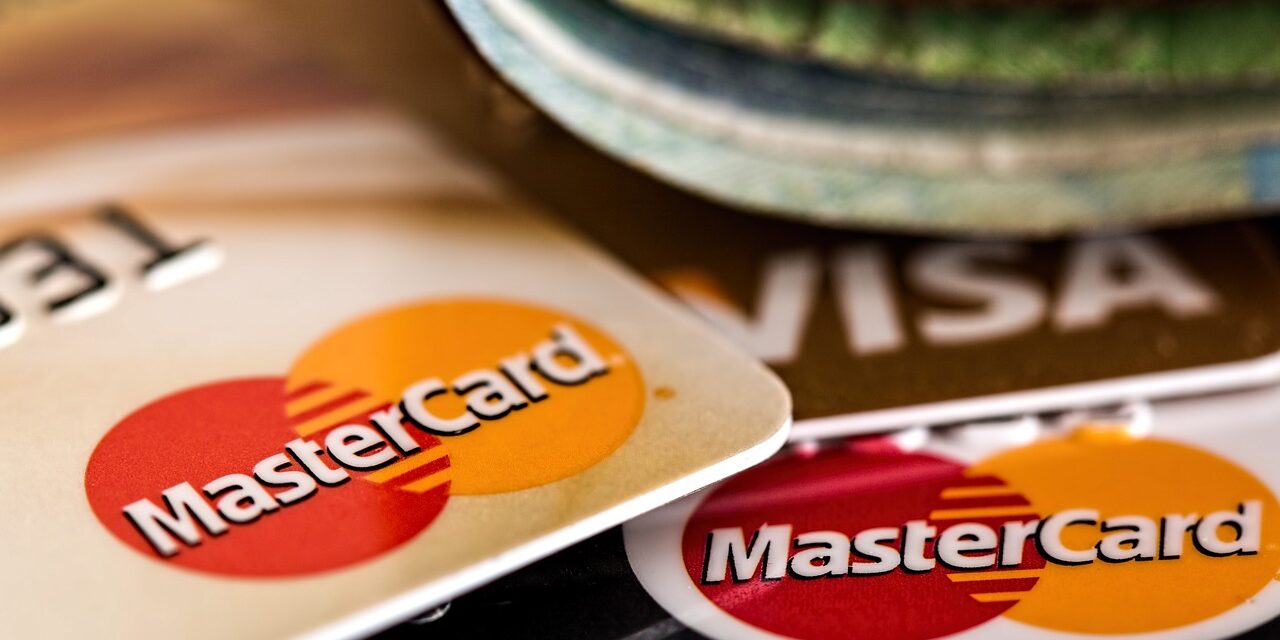The Impact of Debt Relief on Your Credit Score
Many citizens are struggling with high consumer debt. Higher interest rates on homes and cars as well as the high cost of groceries and gas are all impacting the financial well-being of households around the world. Getting professional help from a debt relief organization or an attorney can lower your stress level and help you get out from under high-interest debt.
The impact of debt relief on your credit score
If your credit cards are maxed, your credit score is likely already negatively impacted. For those who choose to work with a professional debt relief organization, the impact on your credit score likely won’t change that much.
Credit scores are impacted by several factors, but the most important ones to consider when looking at debt relief are:
Payment history
Credit utilization
Type of debt
If your debts are so overwhelming that you are paying not only high interest but late fees, your credit score is likely taking a beating. Working with a debt relief professional, even just to organize your finances, can help you avoid late payment hits to your score.
Next, you’ll need to look at your credit utilization. If you have just one card and it’s maxed, it may make sense to instead have 3 cards that are only used at 30% of their capacity. The trick is to avoid charging them up further. Debt relief through a consolidation loan can improve your credit utilization, but if the debt relief organization closes the cards, your score will take a hit.
It’s also a good idea to keep an eye on the type of debt you carry. To keep it simple, secured debt is debt with collateral. Vehicle and home loans are secured debt. Credit cards are not. If all you have is credit card debt, your score will suffer.
How else can filing for bankruptcy help your overall situation?
It’s important to note that bankruptcy filing doesn’t leave you with a clean slate. What filing for bankruptcy does do is take the pressure off.
If you’re getting collections calls and threats, these will now go through your attorney. Garnishment threats will be removed. You’ll have a set payoff and time to work through the remaining debts that you’re still responsible for.
What most people don’t know about bankruptcy
Some debts can’t be disposed of in bankruptcy. If you’re behind on child support or alimony, you still owe it. Loans from your retirement account can’t be discharged, nor can homeowner association fees.
A Chapter 7 bankruptcy will stay on your credit report for 10 years. Chapter 13 will stay there for seven years. There are times when bankruptcy is the only answer, but be aware that rebuilding your credit will take time.
By the time you bring your documentation to a debt relief organization or a bankruptcy attorney, you’re likely quite overwhelmed. Ask for a detailed list of what debts will be restructured and how you can manage that responsibility over the required timeframe. Study it carefully, then put it away and come back to it so you can absorb it fully.





